Israel and the Gaza flotilla
Activists fear loss of life after blaming Israel for drone attacks on ships
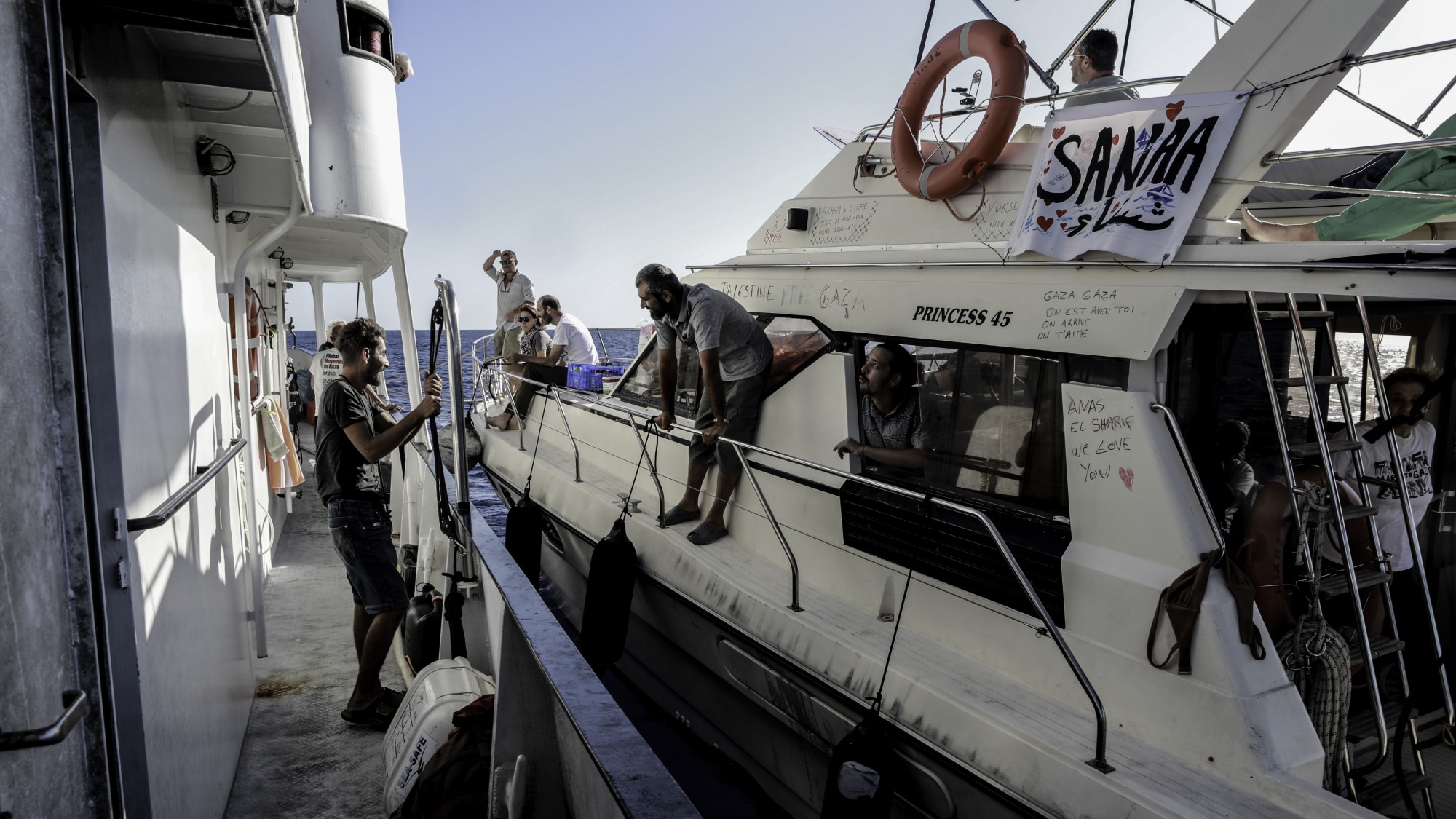
A free daily email with the biggest news stories of the day – and the best features from TheWeek.com
You are now subscribed
Your newsletter sign-up was successful
Italy and Spain have sent naval vessels to assist the Global Sumud Flotilla as it sails to take aid to Gaza.
The “unprecedented move” from the two governments follows “repeated attacks” against the flotilla, including one from a drone, blamed on Israel and an escalation in “Israeli rhetoric” against the activists, said Al Jazeera.
What's the flotilla about?
The boats of the Global Sumud Flotilla (GSF) set sail after experts from the UN-backed Integrated Food Security Phase Classification confirmed there was famine in Gaza City and warned it could spread to central and southern Gaza within weeks.
The Week
Escape your echo chamber. Get the facts behind the news, plus analysis from multiple perspectives.

Sign up for The Week's Free Newsletters
From our morning news briefing to a weekly Good News Newsletter, get the best of The Week delivered directly to your inbox.
From our morning news briefing to a weekly Good News Newsletter, get the best of The Week delivered directly to your inbox.
Those on board include well-known activists such as Swedish climate campaigner Greta Thunberg and former mayor of Barcelona Ada Colau, as well as European politicians.
Its stated goal is to “break the illegal siege on Gaza by sea, open a humanitarian corridor, and end the ongoing genocide of the Palestinian people”, said the GSF. Similar initiatives have proven controversial, and three attempts to deliver aid this way to Gaza already this year have been intercepted by Israeli forces. In 2010, Israeli forces boarded Gaza flotilla ships and killed nine activists during clashes.
How has Israel responded?
On Wednesday, the flotilla of more than 50 vessels was targeted in waters near Crete by drones that dropped explosives, damaging boats, as well as grenades containing irritant gas. An Italian MP on board one vessel said the ship radios were jammed and bombarded with Abba songs at full volume. The flotilla had previously docked in Tunisia, where activists said Israel bombed one of their boats with a drone.
Israel has not responded to questions about the drone attacks, but there has been a change of language in its communications about the flotilla, shifting its description of the venture from “selfie cruise” to “Hamas flotilla”.
A free daily email with the biggest news stories of the day – and the best features from TheWeek.com
Israel, “before or after it has attacked, maimed or killed anyone it wants to ‘take out’, it calls them Hamas”, said Yanis Varoufakis on Novara Media, and as boats from across the Mediterranean converged, the “Israeli propaganda machine began to scream ‘Hamas!’ at the top of its lungs”. This defamation is “the first act in a fresh Israeli war crime” and the people on the flotilla “are about to be attacked, abducted, imprisoned or worse”.
The Israeli Foreign Ministry said it “will not allow any vessel to enter the active combat zone”, and “any further refusal” from the flotilla activists “will put the responsibility on the flotilla organisers”. Israel has insisted the boats will not be allowed to reach Gaza.
When will it arrive in Gaza?
The Greek government said its navy will secure the safe passage of the flotilla‘s ships, which have entered its territorial waters, after the Spanish government said the boats, which are protected by a Spanish military vessel, pose no threat to Israel.
Meanwhile, the flotilla organisers said they have received “credible intelligence” that Israel will “escalate violent attacks on the flotilla”, potentially with weapons that could cause fatalities.
The Flotilla shared an update on social media early on Monday, posting that its lead vessels are “now just 366 nautical miles [678km] from Gaza, with an estimated arrival in three to four days”.
The GSF added that within two days it would be in the high-risk zone: “Our determination is absolute, but this is the moment where your global vigilance and solidarity are needed most.”
Chas Newkey-Burden has been part of The Week Digital team for more than a decade and a journalist for 25 years, starting out on the irreverent football weekly 90 Minutes, before moving to lifestyle magazines Loaded and Attitude. He was a columnist for The Big Issue and landed a world exclusive with David Beckham that became the weekly magazine’s bestselling issue. He now writes regularly for The Guardian, The Telegraph, The Independent, Metro, FourFourTwo and the i new site. He is also the author of a number of non-fiction books.
-
 How the FCC’s ‘equal time’ rule works
How the FCC’s ‘equal time’ rule worksIn the Spotlight The law is at the heart of the Colbert-CBS conflict
-
 What is the endgame in the DHS shutdown?
What is the endgame in the DHS shutdown?Today’s Big Question Democrats want to rein in ICE’s immigration crackdown
-
 ‘Poor time management isn’t just an inconvenience’
‘Poor time management isn’t just an inconvenience’Instant Opinion Opinion, comment and editorials of the day
-
 Israel retrieves final hostage’s body from Gaza
Israel retrieves final hostage’s body from GazaSpeed Read The 24-year-old police officer was killed during the initial Hamas attack
-
 What will happen in 2026? Predictions and events
What will happen in 2026? Predictions and eventsIn Depth The new year could bring peace in Ukraine or war in Venezuela, as Donald Trump prepares to host a highly politicised World Cup and Nasa returns to the Moon
-
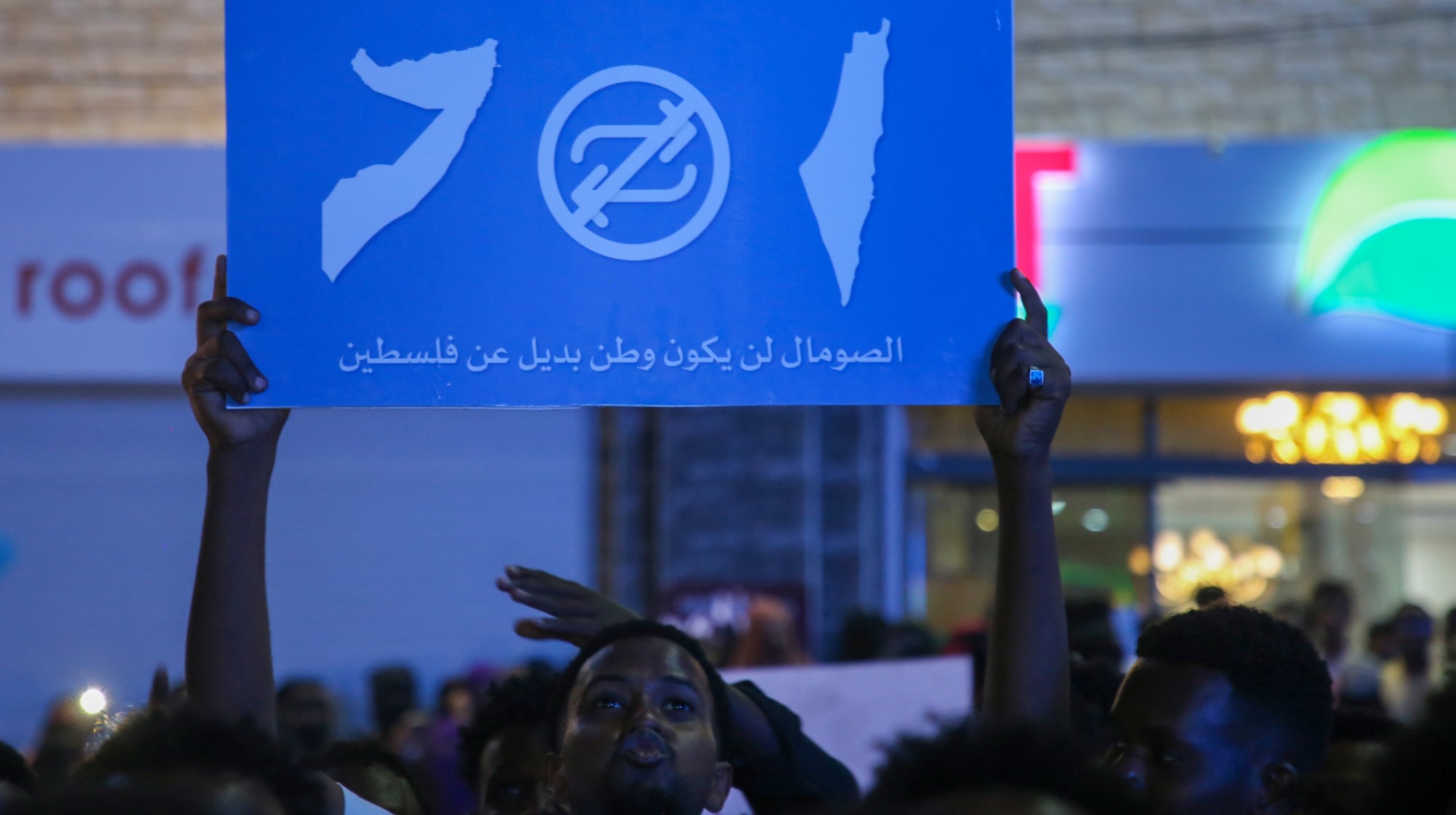 Why recognizing Somaliland is so risky for Israel
Why recognizing Somaliland is so risky for IsraelTHE EXPLAINER By wading into one of North Africa’s most fraught political schisms, the Netanyahu government risks further international isolation
-
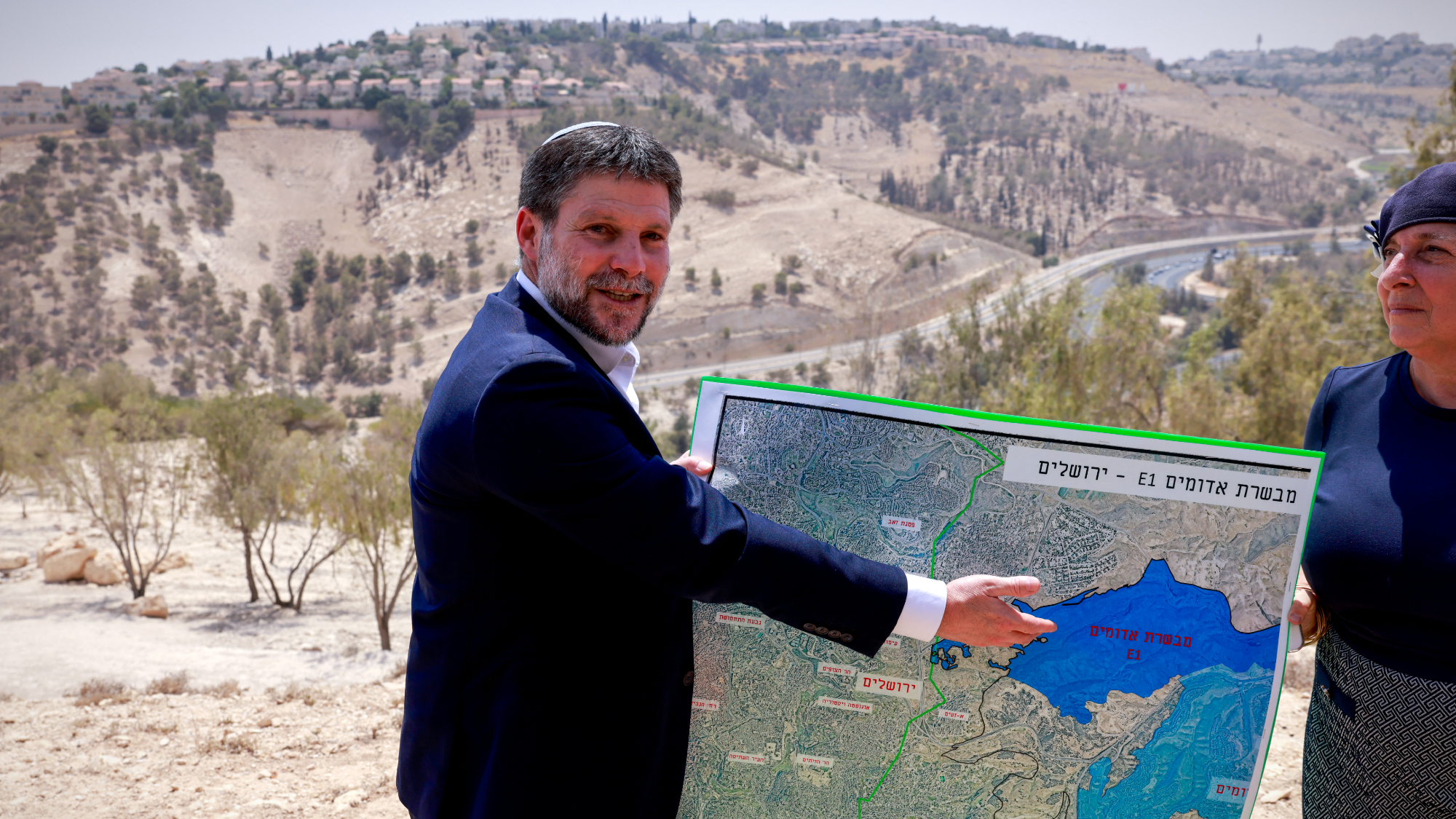 Israel approves new West Bank settlements
Israel approves new West Bank settlementsSpeed Read The ‘Israeli onslaught has all but vanquished a free Palestinian existence in the West Bank’
-
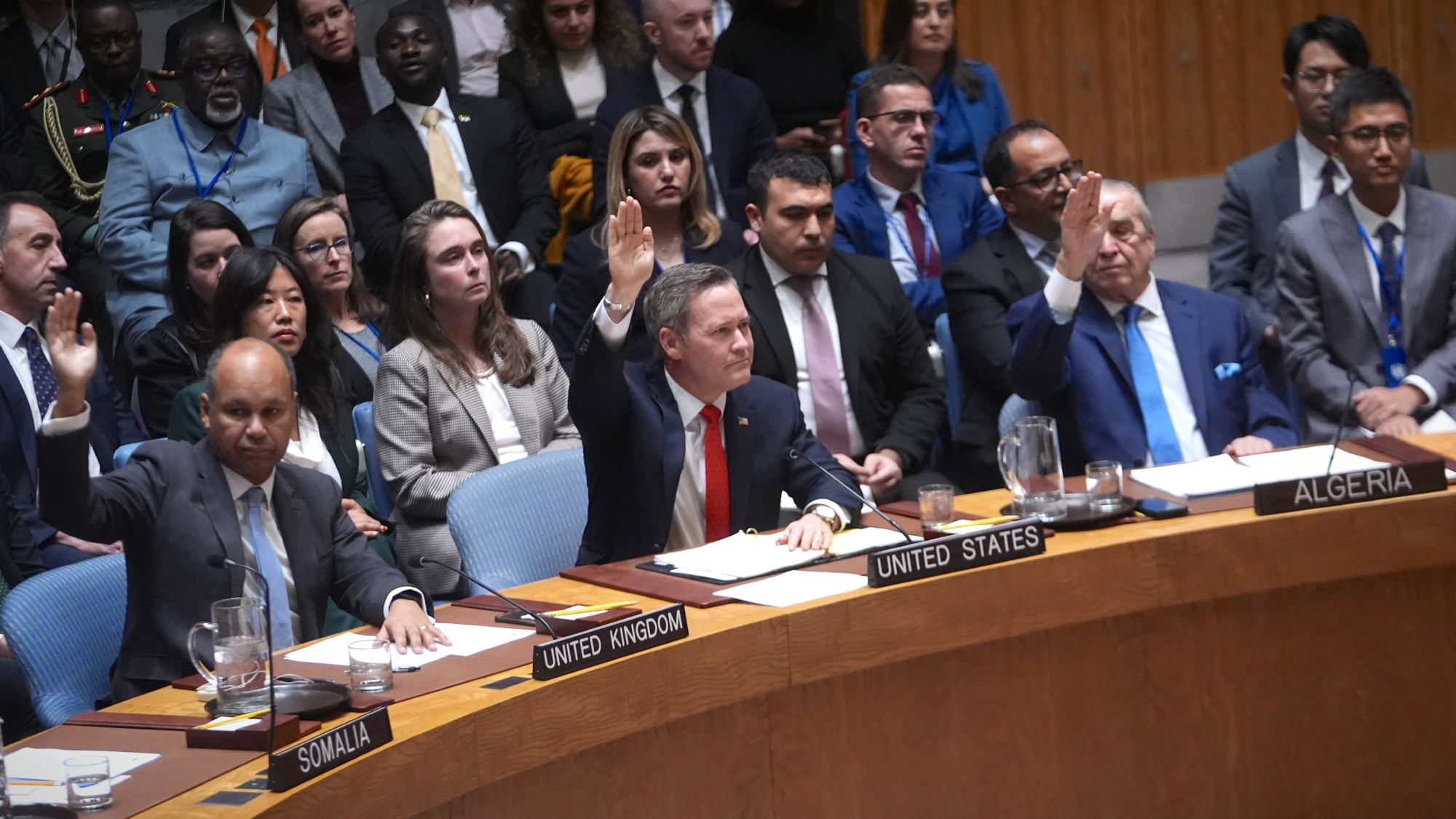 UN Security Council backs Trump’s Gaza peace plan
UN Security Council backs Trump’s Gaza peace planSpeed Read The United Nations voted 13-0 to endorse President Donald Trump’s 20-point plan to withdraw Israeli troops from Gaza
-
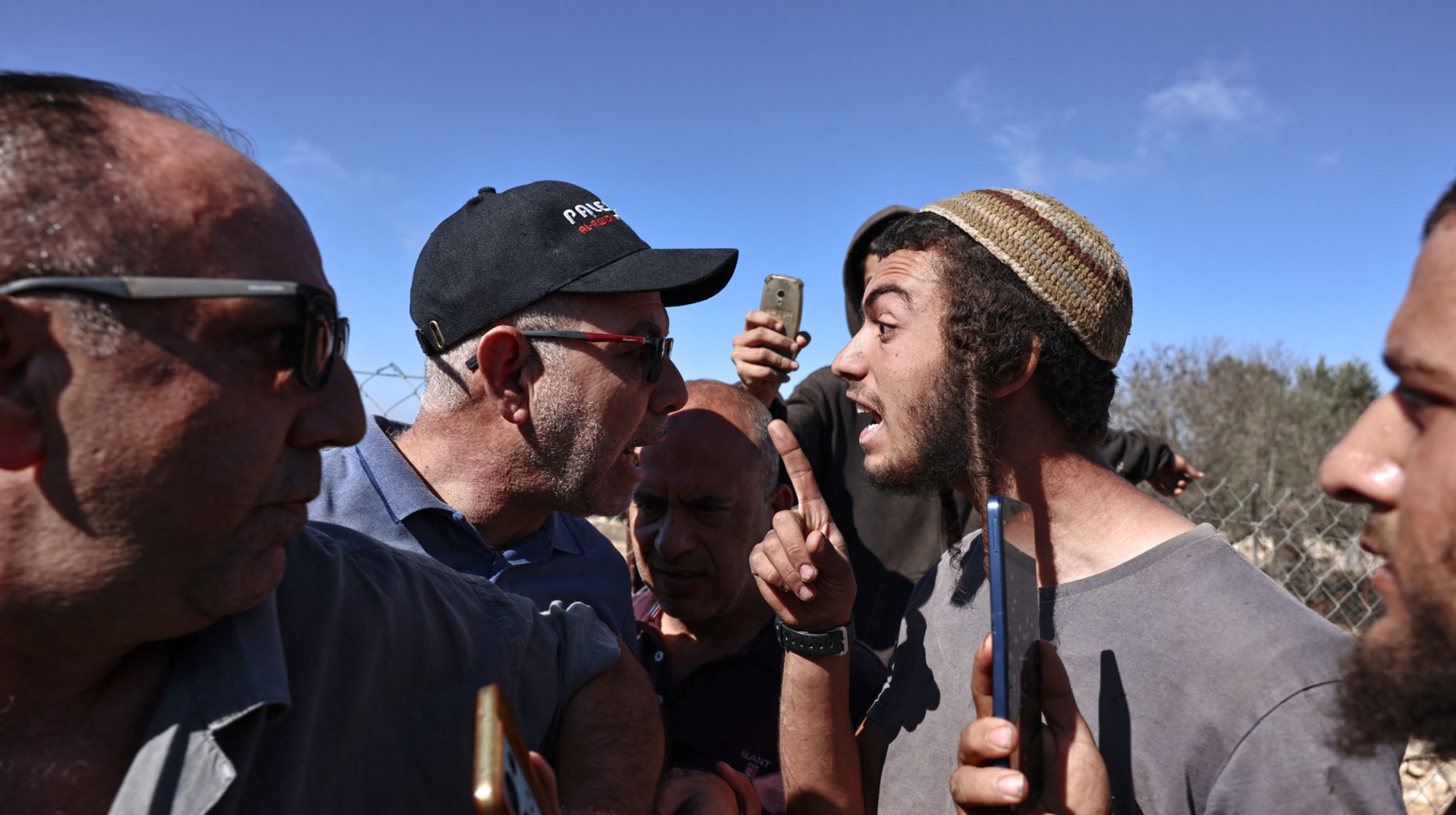 Israel jolted by ‘shocking’ settler violence
Israel jolted by ‘shocking’ settler violenceIN THE SPOTLIGHT A wave of brazen attacks on Palestinian communities in the West Bank has prompted a rare public outcry from Israeli officials
-
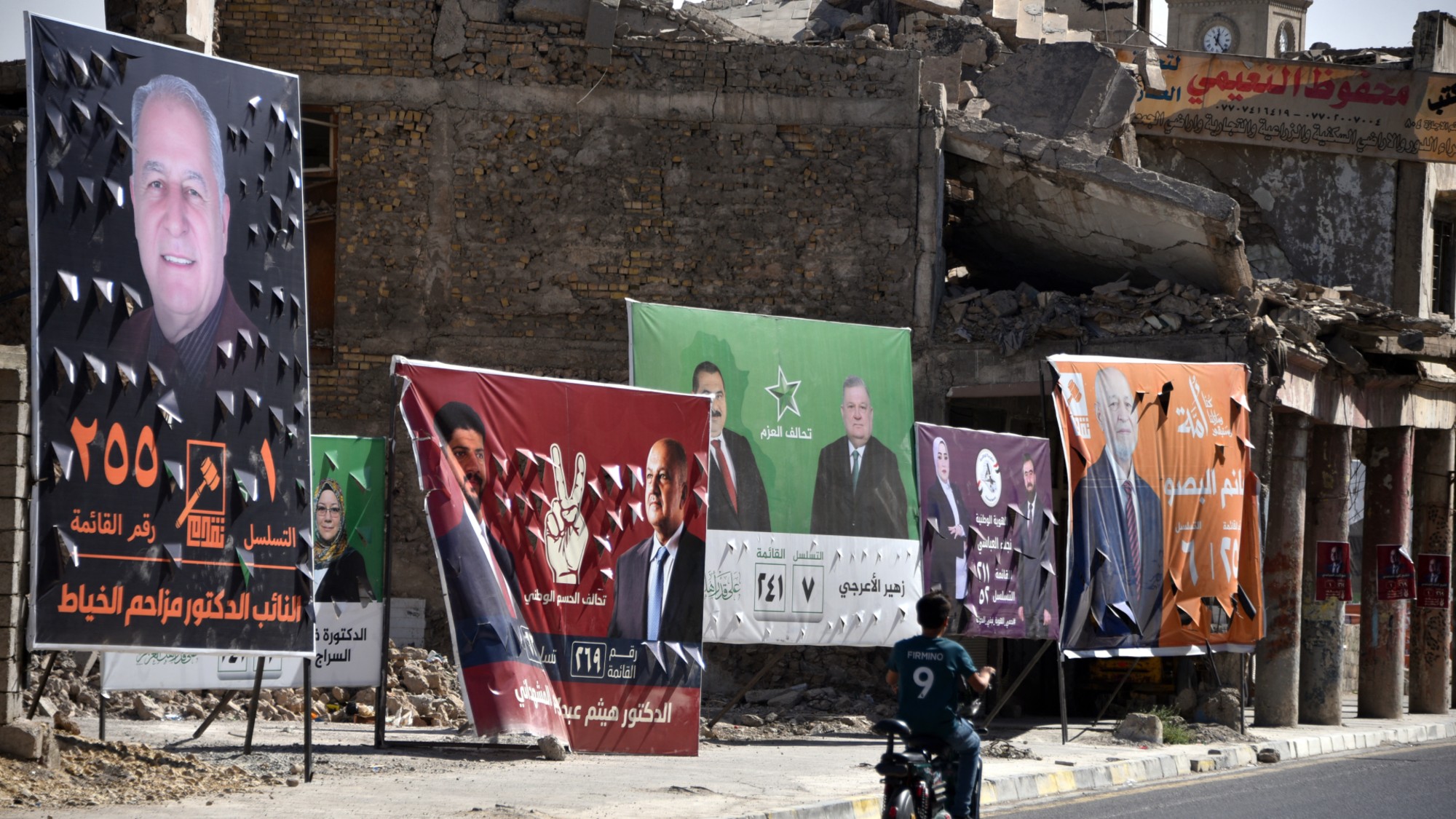 Why these Iraqi elections are so important
Why these Iraqi elections are so importantThe Explainer The US and Israel are increasingly pressuring Baghdad to tackle Iran-backed militants, while weakened Iran sees Iraq as a vital remaining ally
-
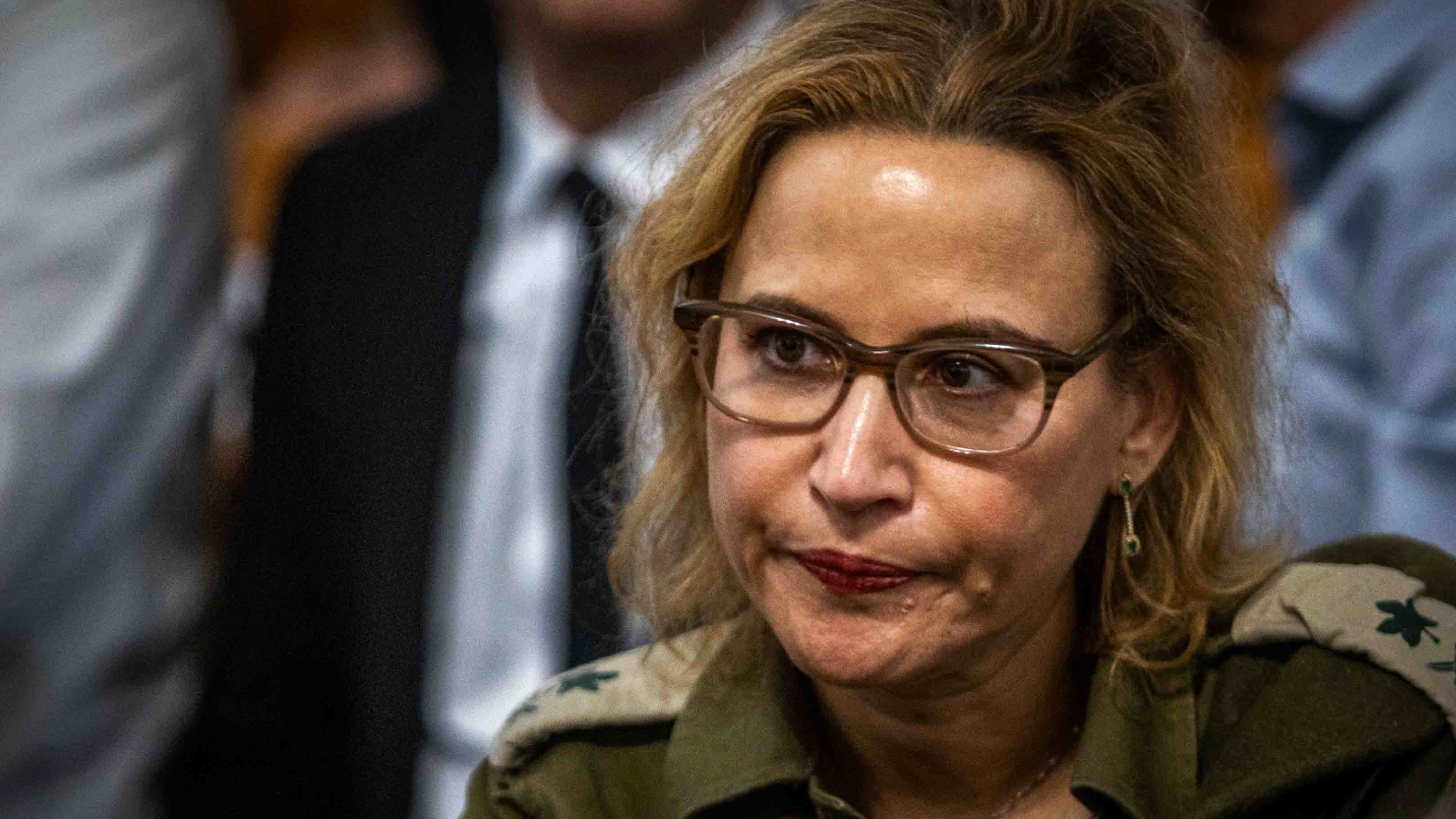 Israel arrests ex-IDF legal chief over abuse video leak
Israel arrests ex-IDF legal chief over abuse video leakSpeed Read Maj. Gen. Yifat Tomer-Yerushalmi had resigned from her post last week